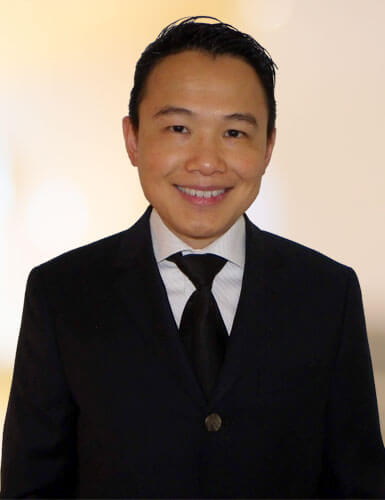Tooth replacements, or stop-gap measures from your Barrie dentist
Posted: July 20, 2013
Last Modified: June 6, 2022
For many people in Barrie, a dental filling or crown may be the only artificial body part they have. When a tooth can no longer be saved, whether caused by trauma, decay, or gum disease, it must be extracted. But why replace a missing tooth, and what prosthetics are available?
First, the why:
Missing teeth do not hurt, but there will be obvious and some not-so-obvious consequences to leaving them unfilled.
Mutilation: this is a very specific dental term that refers to the drifting of teeth after a tooth has been removed. When a tooth is taken out of the mouth, the adjacent teeth will tend to tip into the space. Usually, the tooth behind the space will move forward more than the tooth in front will move backwards, but things will generally not drift neatly. The angle of adjacent teeth will change, which opens up spaces between teeth, and the tooth opposite to the space (in the opposite arch) will start drifting into the available space.
Loss of chewing power: when a tooth in a prime chewing area is lost, it will definitely be noticed. Food chewing will be compromised, and food will need to be shifted other areas of the mouth. If other teeth are missing as well, then chewing as a whole may become more difficult.
Accelerated wear of remaining teeth: if remaining teeth are forced to do more of the chewing, we can expect that the wear on them will be more than in a full complement of teeth (this is called dental attrition). Based on Swedish data, people need at least five pairs of back teeth to chew properly. This means that if five pairs of back teeth are not present, then front teeth end up having to do the work. Front teeth wear down much more quickly because they were not meant for chewing, they were only meant for use in tearing off food.
Options for tooth replacement
There are three methods for tooth replacement in existence: dental implants, bridges, and removable dentures. Your Barrie family dentist can determine for you which method is best, given your general health, dental condition, areas of missing teeth, and of course your own preferences. Sometimes, the most expensive options are not the best, and some imagination and lots of discussion and planning are required.
Here is the process that we will use when planning out a complex case of tooth replacement:
1. What are the goals? By starting with the end result in mind, we can develop a treatment plan that meets your dental and facial expectations. Things that would be considered would be:
– what do you want the teeth to look like?
-what do you want the gums to look like?
– what do you think about the lips?
We’ve written here about the need to start with the end in mind.
2. What are the risks? We look at any threats to your oral health, whether it is to the teeth, the gums, the jaw joints and muscles, or the esthetics of your smile.
3. What are the starting conditions?
We will obtain detailed records, including facial photos, plaster models, and dental x-rays in conjunction with a thorough exam in order to fully understand the current condition of your teeth. Old records from another dental office or your own historical photographs would also be helpful.
4. What options are available?
After we have looked at your dental desires and the status of your mouth, we will present you with dental treatment plan options that we feel will work for you. Included in that would obviously be estimates of costs and time required to complete the dental reconstruction. We can even do a simulation of the finished dentistry before you start.
Dental care has evolved from primarily a tooth-by-tooth mentality to one that encompasses full facial esthetics. It is not unusual for an overall dental treatment plan to involve things like Botox for gummy smiles, or periodontal surgery to refine proper gum levels.
Once you select an option, we will guide you throughout the process so you do not have to worry about the next steps. You’re the star, and we’re the director.
General dentists in Barrie have a large array of allied health professionals to aid them in achieving your overall dental and facial goals! Contact us and see what we can do for you. We’d love to be your dentist in Barrie.


